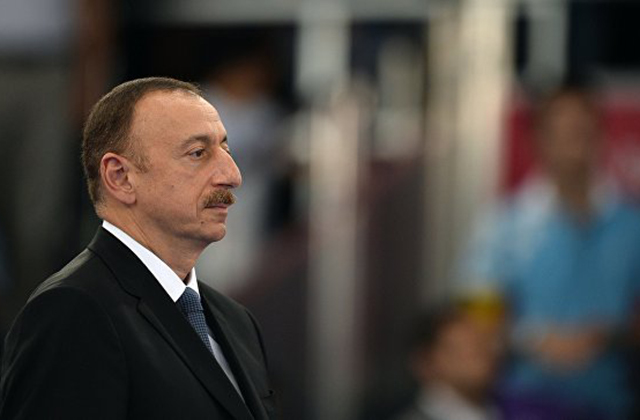The Guardian presents fresh facts on Azerbaijani corruption deals in PACE

One of Europe’s oldest structures dealing with human rights, the Council of Europe, will launch a large-scale investigation next week regarding vote-rigging allegations, which have put its reputation on the line, the Guardian reported in an article presenting new allegations of Azerbaijani fraud.
Two people with high-level experience of the Council of Europe’s parliamentary assembly (Pace) have told the Guardian they believe its members have been offered bribes for votes by Azerbaijan. Arif Mammadov, a former Azerbaijani diplomat turned dissident, alleged that a member of the oil-rich country’s delegation at the Council of Europe had €30m (£25m) to spend on lobbying its institutions, including the Council of Europe assembly.
“Everyone” in the Azerbaijani delegation had heard of this number, although “it was never written down”, he told the Guardian. “It was said this money was to bribe members of the delegations and Pace generally.” Tobias Billström, a Swedish delegate to the assembly and former justice minister, said “very credible members” had told him they had been offered bribes to vote in a certain way.
Allegations of “caviar diplomacy” have swirled around the Council of Europe’s parliamentary assembly for years, with Azerbaijan accused of offering cash and luxury gifts in exchange for favourable votes.
The claims were first laid out in a 2012 report by the European Stability Initiative thinktank, but have gathered momentum since Italian prosecutors began investigating a former chair of the centre-right group, Italian deputy Luca Volontè. Volontè is accused of accepting €2.39m in bribes from Azerbaijan in exchange for supporting its government in the Council of Europe.
He faces a trial for money laundering. Although one fifth of MPs at the Council of Europe called for an urgent inquiry in January, assembly leaders failed to take a decision at their last meeting in March. Pressure is building on the assembly president, Pedro Agramunt, to ensure that a robust investigation is set up when it meets later this month.
Critics say Azerbaijan uses the assembly to add a veneer of legitimacy to the authoritarian rule of its president, Ilham Aliyev, who has ruled the country since 2003. One case concerns the decision of assembly members in 2013 to vote down a critical report on political prisoners in Azerbaijan by German social democrat Christoph Strässer.
The Strässer report concluded that Azerbaijan’s judicial system was used to silence or intimidate critics of the Aliyev regime and was rejected by 125 votes to 79 with 20 abstentions.
Volontè is alleged to have played a key role in orchestrating the defeat with payments to him channelled through a company with a connection to Azerbaijan’s ruling family, Strässer said he knew Azerbaijan was giving out money but had no proof votes were bought.
He said he wanted to see an investigation “as a point of credibility”. “If there is any suspicion that there could be corruption within these structures and this was ignored, I think it might be the end of the Council of Europe.”
Thorbjørn Jagland, the former Norwegian prime minister and CoE secretary general, has urged Agramunt to personally ensure “an independent external investigation body without any further delay” – an unprecedented appeal from an official to the Council of Europe’s most senior elected leader,” the Guardian writes.

























